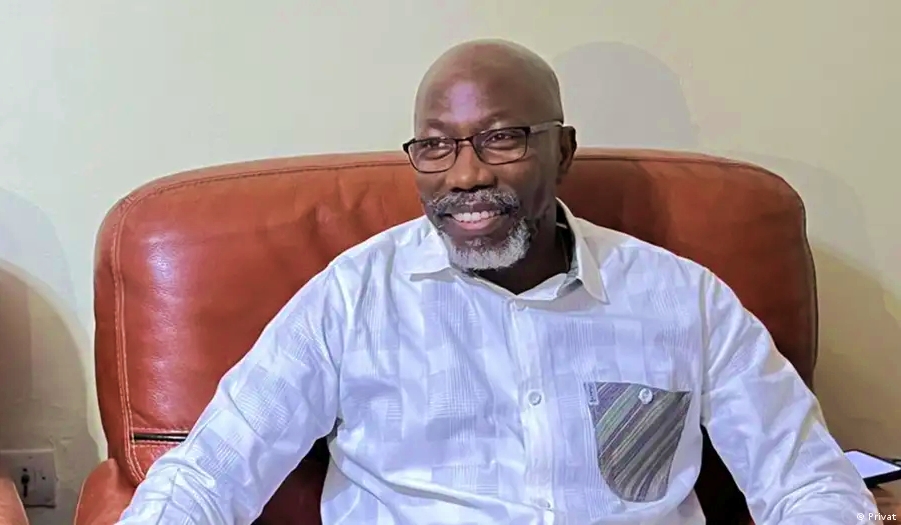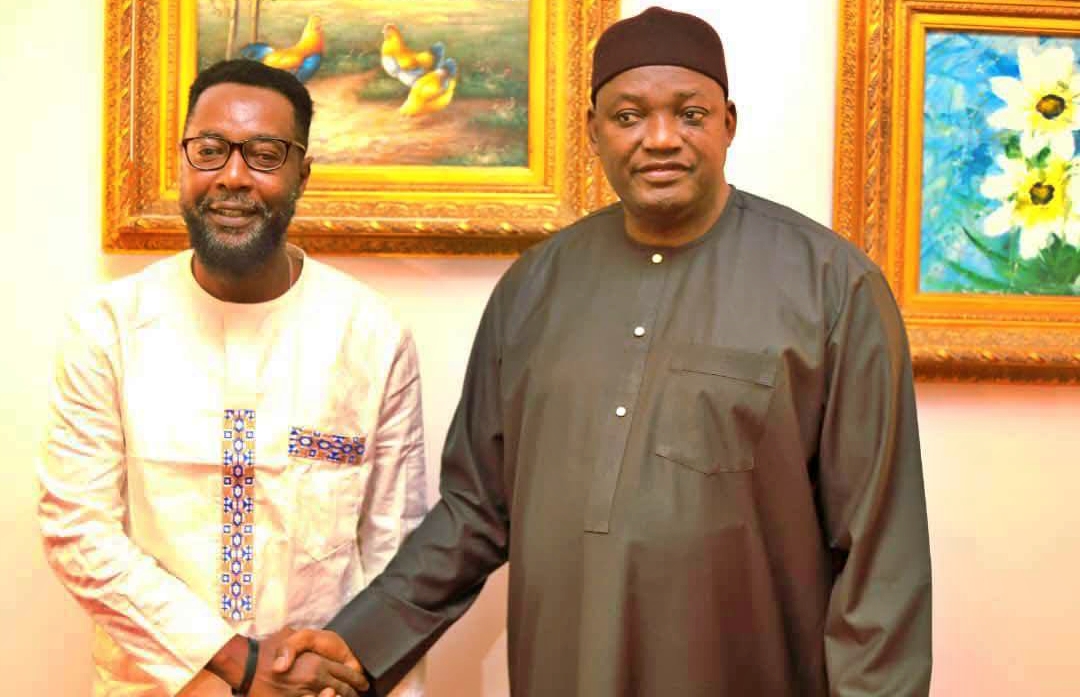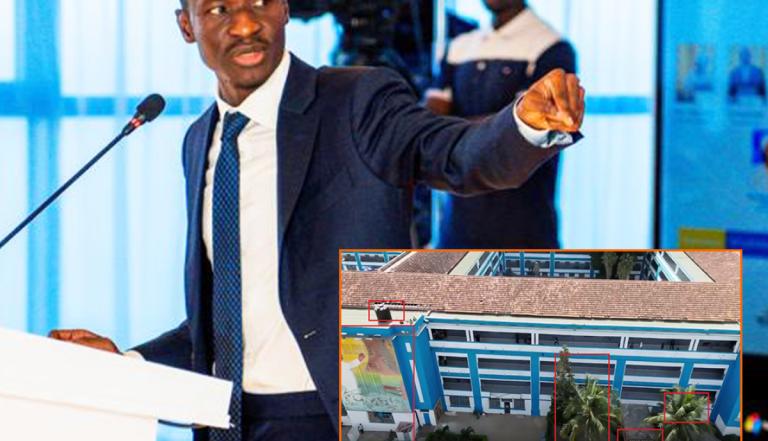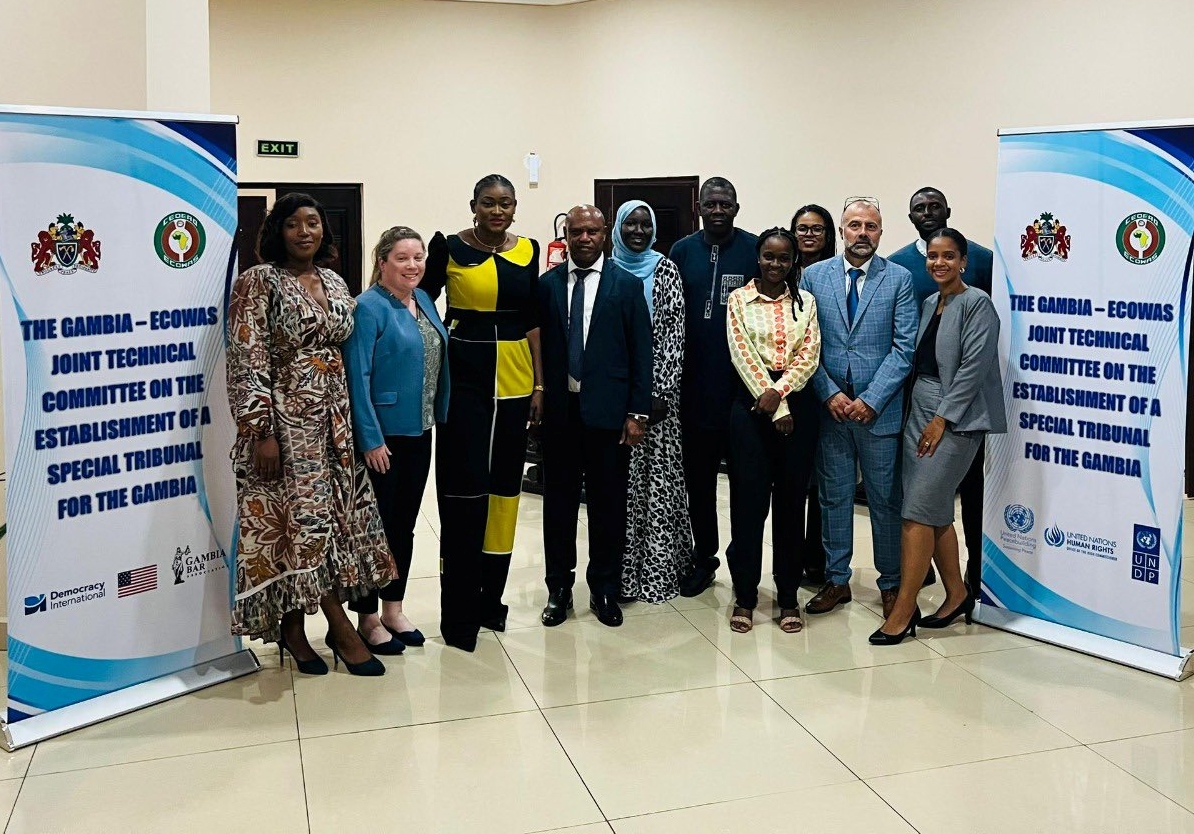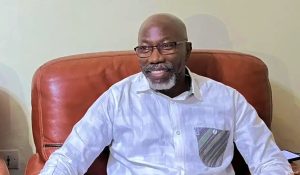Gambiaj.com – (BANJUL, The Gambia) – The government of The Gambia continues pushing for an ECOWAS-supported special court to prosecute former President Yahya Jammeh and those most responsible for crimes committed during his 22-year regime (1994-2017). On Wednesday, the Ministry of Justice of The Gambia chaired the fourth meeting of the Gambia-ECOWAS Joint Technical Committee, which is working towards the establishment of a hybrid court in line with the recommendations of the Truth, Reconciliation, and Reparations Commission (TRRC).
The proposed Hybrid Court aims to address grave human rights violations, including torture, extrajudicial killings, and enforced disappearances that occurred under Jammeh’s rule. This effort represents a significant step forward for victims and their families, who have long sought justice and accountability.
The process faced a setback in July when the ECOWAS Parliament decided not to support the establishment of a special tribunal for Jammeh-era crimes. However, this decision did not deter the Gambian government and its international partners from pushing forward. The Joint Technical Committee, comprising officials from both The Gambia and ECOWAS, reaffirmed their commitment to the tribunal during Wednesday’s meeting in Banjul.
The Ministry of Justice acknowledged that while technical aspects of the court’s establishment have been well-covered, there has been a shortfall in political engagement. Diplomatic sources suggest that the real issue lies not in the ECOWAS Parliament’s decision but in the agenda-setting by the ECOWAS Mediation and Security Council (MSC). The MSC deferred the matter for six months, indicating that The Gambia’s diplomatic efforts were insufficient to secure the tribunal’s approval at the Heads of State and Government meeting.
Despite this, ECOWAS Ministers of Justice and their legal experts have endorsed the Statute and Decision on the Special Tribunal, demonstrating regional support for justice and accountability. The Gambian government, backed by international partners, remains hopeful that the court will eventually receive the green light.
Representatives from the U.S. Embassy in The Gambia, Democracy International, the United Nations Office of the High Commissioner for Human Rights (OHCHR), the United Nations Development Programme (UNDP), and the United Nations Peacebuilding Fund attended the meeting and expressed their support for the hybrid court initiative. Their presence underscores the international community’s commitment to helping The Gambia address past injustices and strengthen its judicial processes.
The establishment of the Hybrid Court is seen as essential for implementing the TRRC’s recommendations, which include prosecuting those most responsible for crimes committed during Jammeh’s rule. The court’s creation is not just about accountability but also about restoring faith in the rule of law and ensuring non-repetition of such crimes in The Gambia.
As the Gambia-ECOWAS Joint Technical Committee continues its work, the focus will be on garnering the necessary political support and ensuring that the tribunal is equipped to deliver justice efficiently and fairly. For victims and their families, the establishment of this court represents the hope that those who suffered under Jammeh’s regime will finally see justice served.



